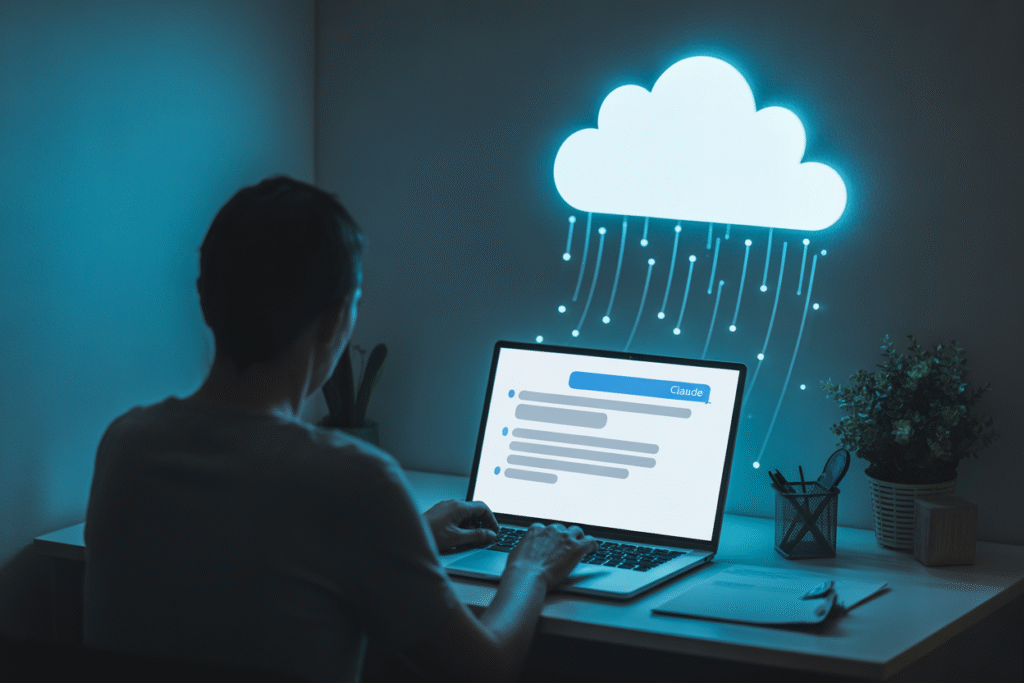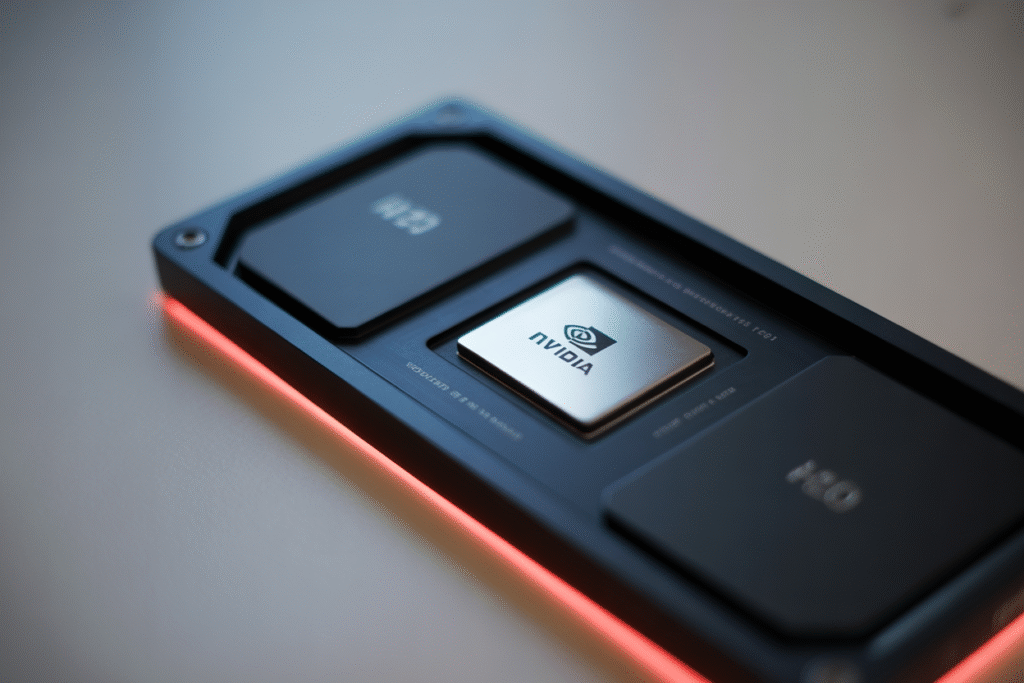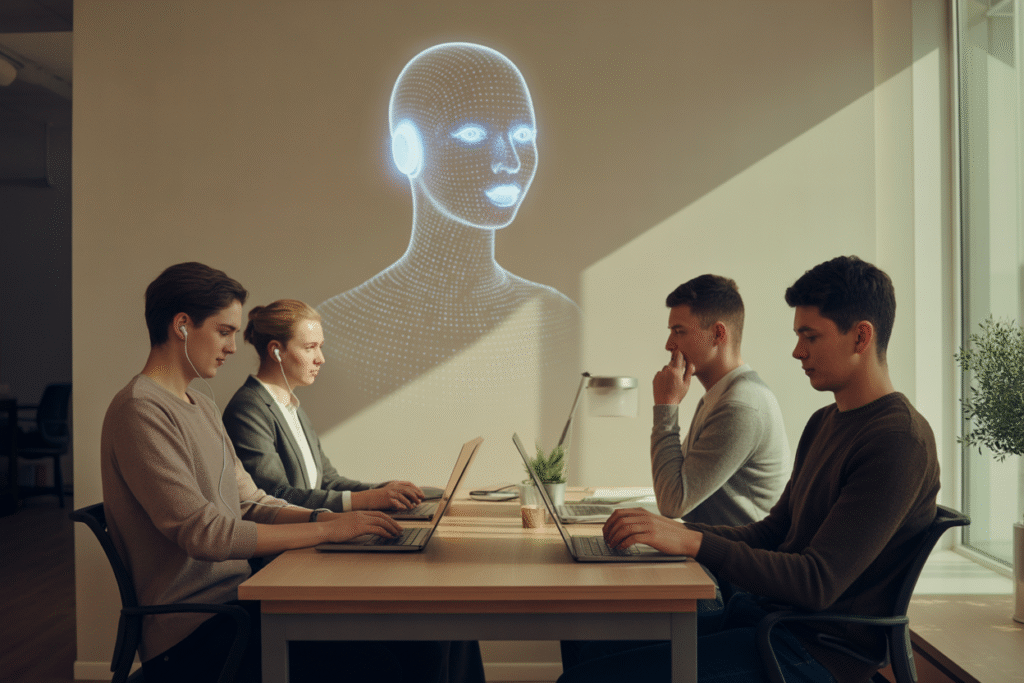Fresh X posts claim Claude is morphing from helpful chatbot into a data-harvesting juggernaut—here’s why privacy advocates are sounding the alarm.
In the last three hours, a single thread on X has exploded, accusing Anthropic’s Claude of shedding its safety-first skin and slipping into the shadows of corporate surveillance. The claim? Free AI tools aren’t gifts—they’re Trojan horses. Let’s unpack the drama, the data, and the deeper questions swirling around AI and human relationships right now.
The Spark That Lit the Fuse
It started with a post from privacy-centric assistant Lumo. In plain language, they called Claude a “capitalist surveillance machine.”
The tweet racked up 183 likes and 15 replies in minutes. Screenshots flew. Quote-tweets multiplied. Suddenly, everyone was asking the same question: is the AI we trust with our midnight thoughts quietly taking notes?
Lumo’s parent company, Proton, has long preached privacy gospel. Their message is simple—if the product is free, you’re the product. When they aimed that lens at Claude, the internet listened.
Inside the Accusation
What exactly is Claude allegedly doing? According to the thread, three red flags wave high:
• Persistent user profiling tied to real identities
• Training data that never forgets, even after you hit “delete”
• Corporate partners gaining backdoor access to conversation logs
Anthropic’s terms do allow model improvement using user interactions. Yet the line between “improvement” and “surveillance” feels razor-thin when profit enters the room.
Critics argue that opt-out buttons are buried, worded in legalese, or simply missing. Supporters counter that open models need data to stay competitive. Who gets to decide where necessity ends and exploitation begins?
Voices From the Fray
Scroll the replies and you’ll find a microcosm of the AI ethics battlefield.
Privacy die-hards vow to ditch Claude for open-source alternatives. Tech pragmatists shrug—every free service harvests data, they say, so why single out Anthropic?
Then come the what-if scenarios. What if a subpoena arrives tomorrow? What if an insurance company buys that data and hikes your premium because you once asked Claude about anxiety symptoms?
Each reply adds a layer, turning a single tweet into a living document of public fear, hope, and fatigue.
The Bigger Picture: AI and Human Relationships
This isn’t just about Claude. It’s about the fragile trust between humans and the algorithms we invite into our homes.
When AI feels like a friend, we overshare. When it feels like a spy, we shut down. Both extremes warp the relationship.
Regulators scramble to catch up. The EU’s AI Act talks about transparency, but enforcement lags. In the U.S., patchwork state laws create a compliance maze. Meanwhile, the tech keeps sprinting.
The stakes? Nothing less than the texture of daily life—how we seek advice, fall in love, plan careers, even mourn. If every whispered secret feeds a corporate ledger, the emotional cost compounds.
What You Can Do Right Now
Feeling uneasy? You’re not powerless.
Start with these three moves:
1. Audit your settings—turn off chat history or training data use if the option exists.
2. Diversify—pair any closed model with an open-source alternative for sensitive queries.
3. Speak up—public pressure has already forced policy reversals at bigger firms.
And remember, the conversation is the product. The more we demand clarity, the harder it becomes for any company to hide behind fine print.
So read the terms, ask the hard questions, and share this story. The future of AI and human relationships is still being written—make sure your voice is in the draft.


